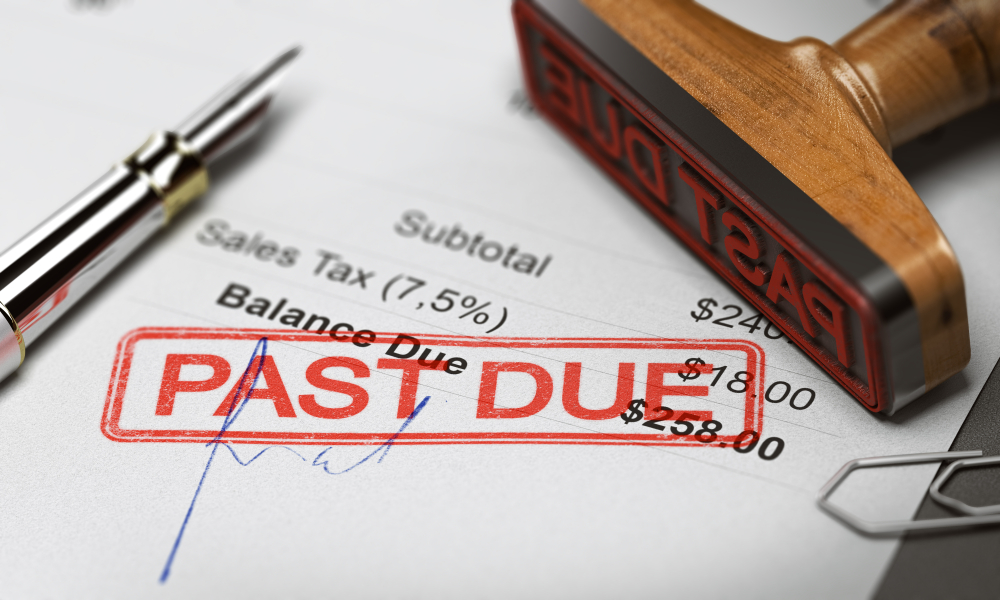Sometimes my clients get stuck ruminating over projects or decisions and my most common response is “80% will get you 100% to the finish line.”
It’s not that I’m sloppy or like B- work. It’s just that in growing a business, we don’t know what we don’t know until we move onto the next step. It’s more advantageous to keep moving so that we can seize the opportunity, learn in real-time and grow ourselves and our team. This is especially critical for hyper talented entrepreneurs – those in EOS™ terms who are great Visionaries and strong enough as a bootstrapping implementer to find it difficult to effectively delegate.
Recently, one of my clients reminded me of “Technical Debt.” It’s a term coined by Ward Cunningham, one of the 17 authors of the Agile Manifesto for software development. Technical Debt is developers prioritizing speedy delivery over perfect code that may need to be redone. Cunningham explained how he thought of the Technical Debt metaphor below:
“With borrowed money, you can do something sooner than you might otherwise, but then until you pay back that money you’ll be paying interest. I thought borrowing money was a good idea, I thought that rushing software out the door to get some experience with it was a good idea, but that of course, you would eventually go back and as you learned things about that software you would repay that loan by refactoring the program to reflect your experience as you acquired it.”
For those of you with non-technical businesses, don’t be fooled. While you may not have a team of developers creating code, you still are delivering products and services to your customers. If you’re rushing it out the door every day and unable to consistently deliver the same quality and service because you haven’t dialed in your processes or trained your team, you’re creating what I call “Entrepreneurial Debt.”
Entrepreneurial Debt is the accumulation of building a business without putting the necessary processes and infrastructure in place to be sustainable. Entrepreneurial Debt begins to occur most often when the Founder/Entrepreneur starts handing off tasks and responsibilities to their team members. Typically, the processes are not documented or even agreed upon because these acts are so natural to the entrepreneur, it’s nearly impossible for them to define how to train someone on what to do. Everyone in this equation becomes incredibly frustrated – the employee thinks their boss is unreasonable or unclear, the entrepreneur cannot fathom why their team can’t do the simplest of tasks and the poor customer – well, they just hope they can get what they were promised.
There isn’t a line item on your Balance Sheet for Entrepreneurial Debt but it’s hiding in your metrics and financials – low customer satisfaction, high returns or complaints, rework or defective products, absenteeism or turnover, poor online reviews – all are signs of unclear or inconsistent process management and implementation. Additionally, here’s a few other places you can search for opportunities to lessen your Entrepreneurial Debt:
- Accountability Chart – does everyone report to you or do you have more than one “extra role” on your team outside of being Owner/CEO?
- Training – are there clear position requirements and guidelines for training team members when they onboard or move into new positions?
- Processes – Do you routinely take the time to identify where there are gaps? Especially, when there is a new opportunity or project to tackle.
Every company (and especially young companies) have a fire drill project or emergency from time to time. However, if we don’t make a conscious effort to record and incorporate our learnings, we are deemed to repeat those mistakes again and again. And just like any debt that isn’t paid back in a timely manner, the interest accrues – sometimes with crippling consequences.
So the next time you find yourself being frustrated about recurring problems, ask yourself if a quick process review will help you eliminate some of the Entrepreneurial Debt in your business.
PS – Or you can sign up for a free call with me here.



